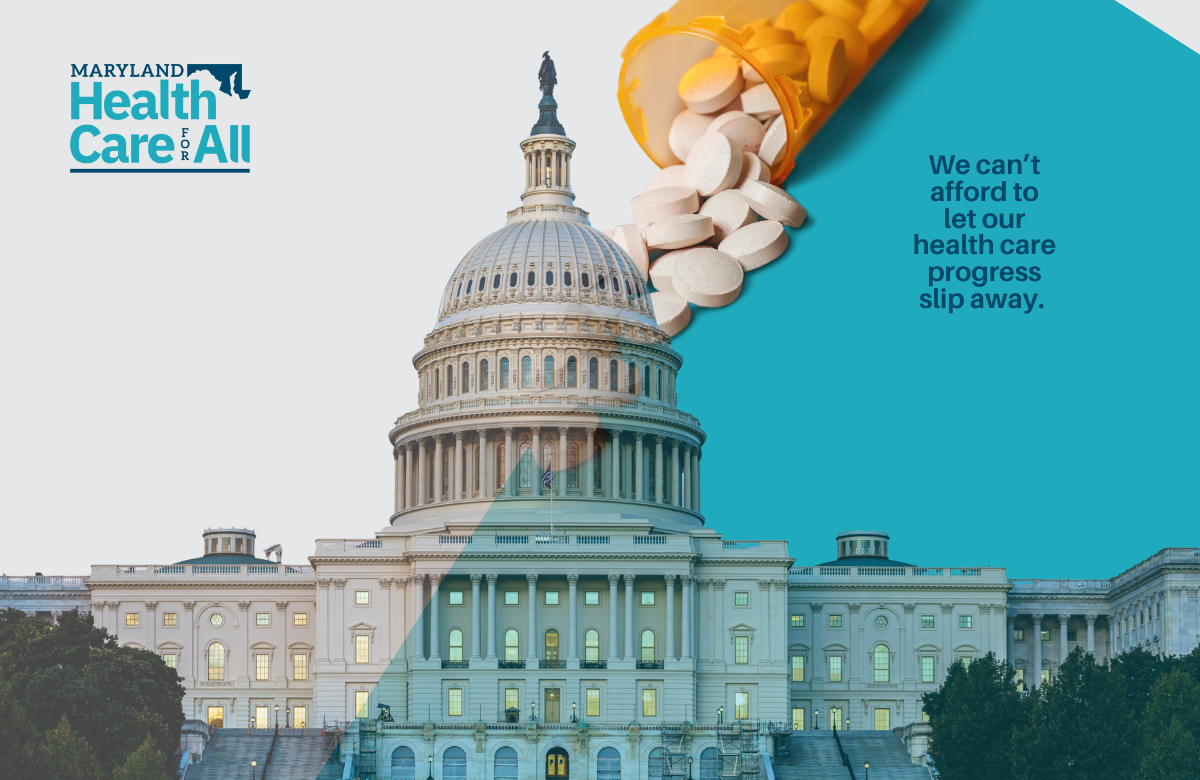Baltimore Sun
February 20, 2018
Andrea McDaniels
Responding to the federal repeal of the individual mandate requiring everyone to have health insurance, Maryland lawmakers are considering legislation that would impose the requirement at the state level.
“We need to find some way to stabilize the individual insurance market. The premium increases we are facing are really high if we don’t,” said Sen. Brian J. Feldman, a Montgomery County Democrat and sponsor of the bill.
“I think there is a strong desire to respond to what is happening on Capitol Hill,” Feldman said.
The legislation has the support of more than half of the House of Delegates. Sen. Thomas M. “Mac” Middleton, a Charles County Democrat who co-sponsored the Senate bill, chairs the committee that will consider the legislation in that chamber. He calls the proposal “innovative.”
Maryland is one of about nine states currently weighing legislation to replace the federal mandate with a state one, but with a unique twist.
The Maryland bill would require those who choose not to buy a plan to pay an annual fine starting at $700, but it would offer people the option of using that money as a down payment to purchase insurance the following year. Supporters hope to use the fine to prod people to get coverage rather than penalize them.
With federal subsidies and incentives, 60,000 of the state’s 200,000 uninsured could buy insurance for less than or the same cost as the proposed fine, supporters say.
Getting more people to buy health insurance could help slow the skyrocketing premium increases faced by people who buy their health coverage on the state insurance exchange.
“We in Maryland need to make sure people are insured to keep their premiums down,” said Del. Joseline Pena-Melnyk, a Montgomery County Democrat sponsoring the bill. “We think this will allow us to keep health care accessible and affordable.”
The insurance mandate — one of the most reviled aspects of the law known as Obamacare — is considered essential to its success. When mostly sick people enroll for insurance it drives prices up.
“The Republicans did some real damage to the ACA by repealing the individual mandate,” said Jonathan P. Weiner, a professor of health policy and management at the Johns Hopkins University Bloomberg School of Public Health. “The ranks of the U.S. uninsured could increase by 13 million over the next decade because of this. The Maryland legislature is the leader of a pack of eight or so blue states trying to respond to this federal repeal by enacting a similar mandate at the state level.”
The idea of using the penalty as an incentive for people to buy insurance is a new one, Weiner said.
“What the Maryland legislature is proposing is both timely and innovative,” Weiner said. “Not only does it replace what the Republicans took away, it improves upon the soon-to-be-defunct federal law by seamlessly converting tax penalties into insurance coverage, rather than simply depositing it into the state’s coffers.”
Lawmakers propose automatically putting people’s fines toward purchasing insurance unless they opt out. They would send out a form to those who were uninsured the previous year and tell them that unless they say otherwise it would put the fine toward a health plan for the following year in the form of a down payment. Uninsured individuals would have to check a box to pay the fine instead.
For those who choose not to opt out, the legislation would put their penalty in escrow until the next enrollment period to use for an insurance plan. People also would be notified by the state during open enrollment time and provided with information about how to apply the $700 toward insurance and other insurance options available.
“We believe that this is a way to really encourage these folks who haven’t signed up to do so,” said Stan Dorn, a senior fellow at Families USA who helped develop the plan. “They will have to make the choice of using the money to pay for insurance or have it go to state coffers.”
Gov. Larry Hogan has not said if he will support the bill but has called the individual mandate “basically a tax.” He has said he is in favor of “incentives” that could help reduce the cost of health care.
Hogan’s spokesman, Doug Mayer, sent YouTube video clips from a January news conference when asked about the governor’s position on an individual mandate. In one video, Hogan announced he would work with leaders of the House and Senate to stabilize the insurance market under the Affordable Care Act. He called the stakes tremendous, noting that thousands of people could lose their insurance and the market could collapse if no solution is found.
“These issues are much too important and the impact too far-reaching for us to get it wrong,” Hogan said.
Mayer said Hogan has been meeting with both delegates and senators to come up with solutions and that the meetings have been productive.
Representatives for House Speaker Michael E. Busch and Senate President Thomas V. Mike Miller said the two lawmakers also were working with people from the medical and insurance industries as well as other legislators on solutions to stabilize the market, but were not yet ready to comment on specific legislation.
There are a dozen or so bills pending in the General Assembly to address the issue. The bills cover a wide range of ways to stabilize the market, including creating a high risk pool and merging the small business and individual markets.
Vincent DeMarco, president of Maryland Citizens’ Health Initiative, praised the idea of using the penalty to help pay for insurance. His group is pushing the bill.
“We think that once people know, they will opt for the insurance,” he said.
Baltimore Sun reporter Erin Cox contributed to this article.
Last modified: February 22, 2018



